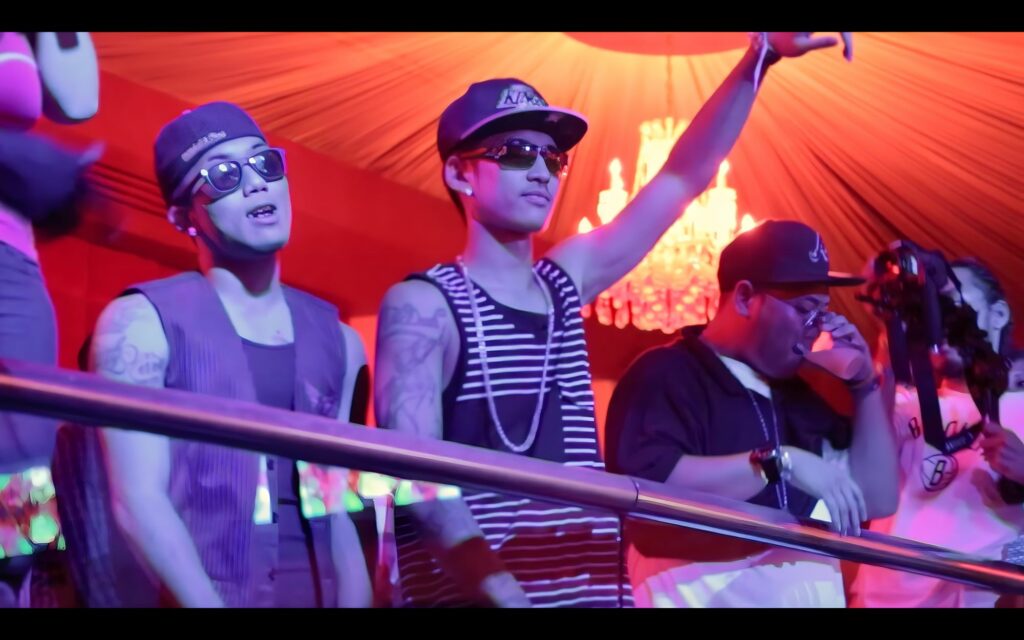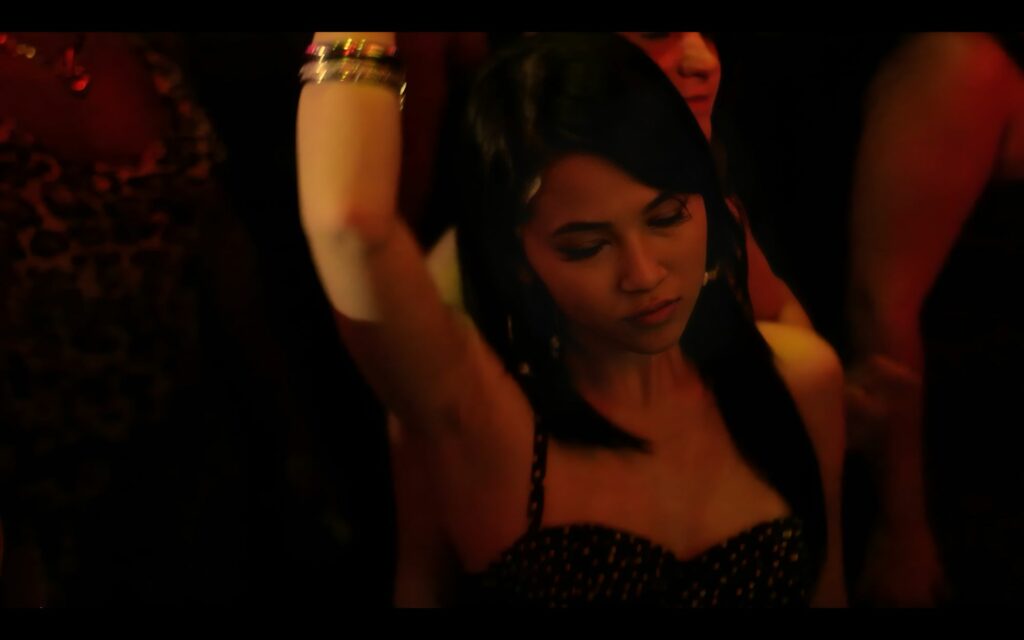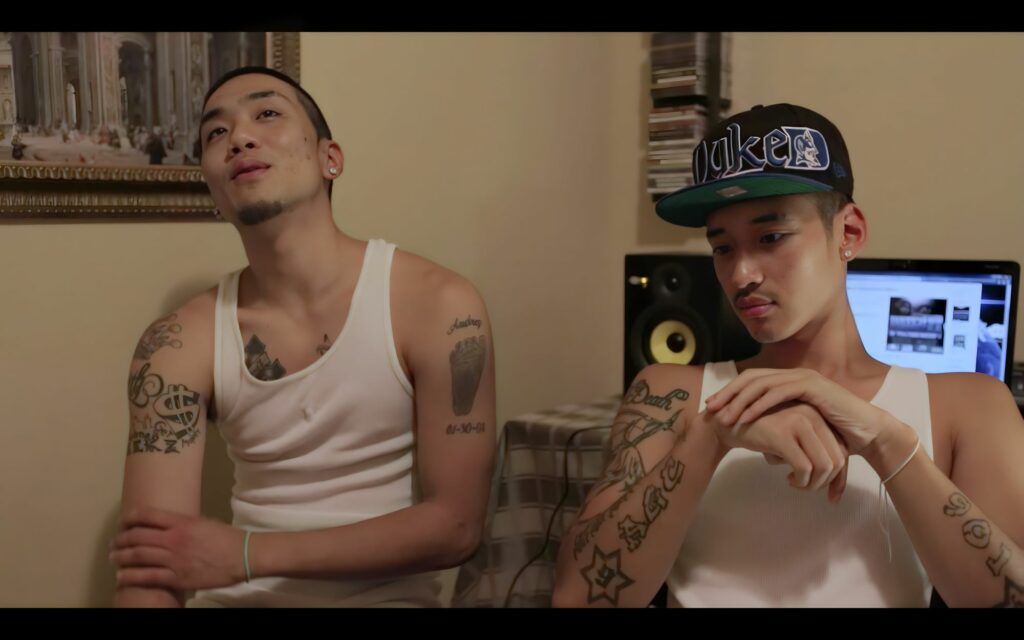In A-Town Boyz , director Eunice Lau takes an unapologetic 72-minute plunge into the unseen lives of young Asian-American men navigating difficult lives in Atlanta, Georgia – a city historically defined by its place in the civil rights movement and now home to over 300,000 Asians chasing their version of the American Dream. Lau’s documentary offers a vital corrective to the “model minority” myth by highlighting the complex realities of these youths growing up in environments rife with racism, economic hardship, and broken family structures.
A-Town Boyz follows three main figures: Eugene Chung, a notorious Korean-American gang leader; Harrison ‘Vickz’ Kim, a Korean-American rapper and father of three; and Jamy ‘Bizzy’ Long, his Cambodian-American partner in music and crime. With unfiltered access, Lau captures their candid, frustrating, and often heartbreaking attempts to find power and purpose in a world that offers them few paths.

One of those paths lies in music: at the film’s core is Vickz and his entourage, who use hip-hop to carve out a voice in a culture that overlooks and misunderstands them. As they hustle towards a pivotal performance at Atlanta’s Velvet Room, the documentary captures not just their artistry, but the pain that fuels it. Yet, this isn’t just a story about music; it’s about masculinity, racial identity, generational trauma, and survival.
Stylistically, Lau adopts a hybrid approach to documentary-making that feels as jumbled and unfiltered as the stories she tells. Switching between cinéma vérité fly-on-the-wall footage, talking-head interviews, and hand-drawn illustrations, the film’s visual mosaic is a reflection of its subjects, themselves caught between cultures, between expectations, dreams, and lived realities. It’s a daring and borderline-experimental approach to constructing a narrative and one that seems very in tune with its focus.

Much of the film’s emotional heft comes from the intergenerational contrasts. We see angry, vulnerable testimony from young men who feel alienated both from mainstream American society and their immigrant parents, many of whom left Korea during economic hardship hoping for a better life. One striking interview features Vickz’s father, once a white-collar stockbroker in Korea, now working a manual labour job in the U.S. His quiet disappointment at the American dream’s broken promises stands in stark contrast to his son’s bravado and restlessness.
Violence in all its forms, be it physical, structural, or historical, threads through this documentary. Whether it’s retaliatory beat-downs to protect younger Asian kids from bullying, gang rivalries born from interethnic tensions, or their grim tales of prison, A-Town Boyz refuses to sanitise. Gun violence, police distrust, and unjust sentencing are laid bare. A case of aggravated assault sees Vickz and Bizzy imprisoned despite questionable evidence, an occurrence symbolic of the systemic challenges these men face. When the film picks up again two years later, their release from prison feels less like closure and more like hitting reset on an inescapable cycle.

Lau doesn’t aim to provide answers. She isn’t interested in tidy narratives or redemptive arcs, only in bearing witness to these men’s experience. In fact, what makes A-Town Boyz remarkable is its very lack of polish: it offers a raw, messy, often frustrating portrait of a marginalised group whose stories rarely make it to mainstream screens. Less of a conventional documentary and more of a sociological meditation, Lau’s film leaves you not with resolution, but with the weight of these men’s lived reality.
